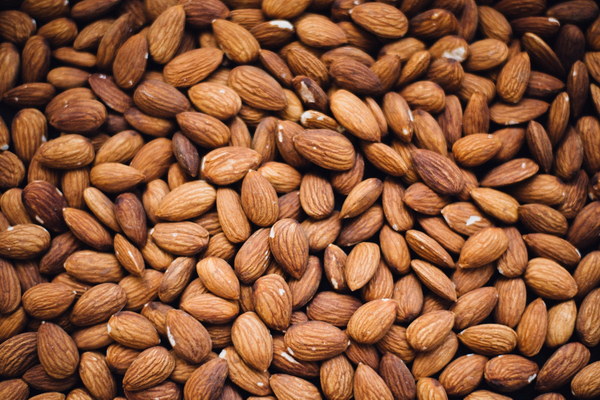Effective Western Medications for Dampness Removal What to Consider
Introduction:
Dampness, also known as dampness syndrome in traditional Chinese medicine, is a condition characterized by an excess of dampness in the body. This imbalance can lead to various symptoms, such as fatigue, bloating, and weight gain. While traditional Chinese medicine offers various remedies for dampness, many people are curious about the effectiveness of Western medications in treating this condition. In this article, we will explore the most commonly recommended Western medications for dampness removal.
1. Diuretics:
Diuretics are the most common type of medication used for dampness removal. These medications help the body eliminate excess fluid, thereby reducing dampness. Some commonly prescribed diuretics include:
- Furosemide (Lasix): A potent diuretic that works by inhibiting the reabsorption of sodium and water in the kidneys.
- Hydrochlorothiazide: A milder diuretic that helps reduce blood pressure and eliminate excess fluid.
- Spironolactone: A potassium-sparing diuretic that helps maintain the balance of electrolytes in the body while promoting fluid elimination.
2. Metformin:
Metformin, commonly used to treat type 2 diabetes, has also been found to be effective in reducing dampness. This medication helps lower blood sugar levels by improving insulin sensitivity and reducing insulin resistance. By doing so, it can help alleviate symptoms of dampness, such as weight gain and fatigue.
3. Cholesterol-lowering medications:
Some cholesterol-lowering medications, such as statins, have been found to have dampness-lowering effects. These medications work by reducing the production of cholesterol in the liver, which can help improve overall metabolic function and reduce dampness.

4. Antibiotics:
In some cases, dampness may be caused by bacterial infections. Antibiotics can be used to treat these infections and help alleviate dampness symptoms. Commonly used antibiotics for dampness-related infections include:
- Amoxicillin
- Ciprofloxacin
- Metronidazole
5. Probiotics:
Probiotics can help restore the balance of gut bacteria, which is crucial for maintaining a healthy immune system and reducing dampness. By promoting the growth of beneficial bacteria, probiotics can help improve digestion, reduce inflammation, and alleviate dampness symptoms.
6. Anti-inflammatory medications:
Inflammation can contribute to dampness symptoms. Nonsteroidal anti-inflammatory drugs (NSAIDs) such as ibuprofen and naproxen can help reduce inflammation and alleviate dampness-related discomfort.
Conclusion:
While Western medications can be effective in treating dampness, it is essential to consult with a healthcare professional before starting any new medication. They can provide personalized recommendations based on your specific symptoms and medical history. Additionally, combining Western medications with lifestyle changes, such as diet and exercise, can further enhance the effectiveness of treatment and promote overall well-being.









